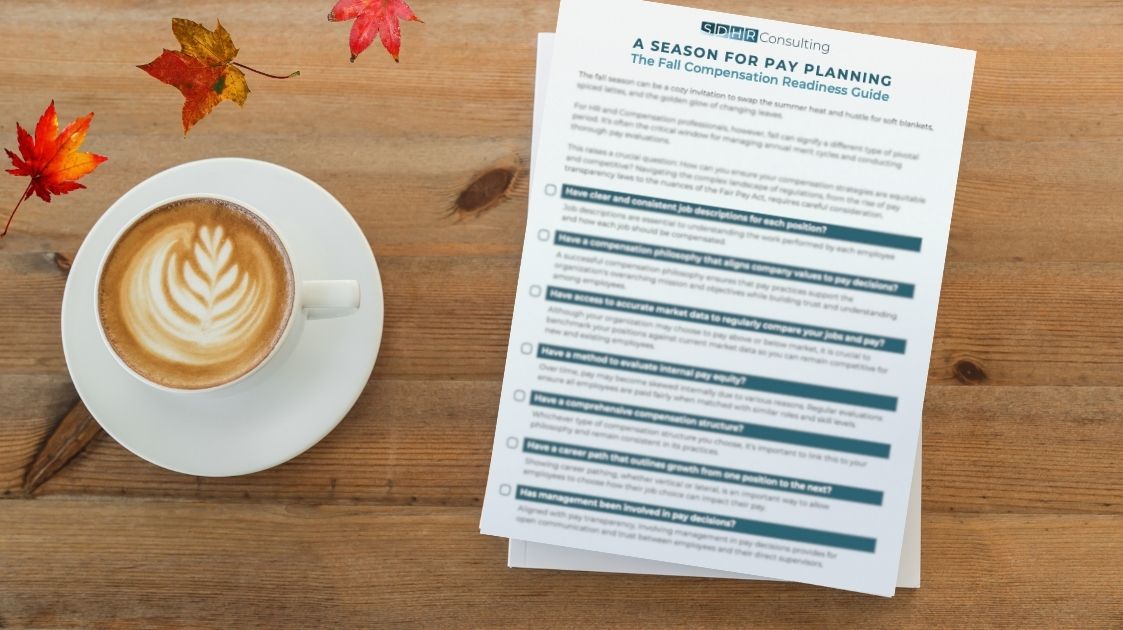
Health Insurance Update in Light of COVID-19
Are Your Employees Covered?
During the COVID-19 health emergency, many employees have experienced a change in their need for health insurance and their use of health or dependent care through their flexible savings arrangements (FSA’s). Employers have been asking for more flexibility to allow employees to change their elections. The US Treasury Department and the IRS responded and recently released two notices that will allow increased flexibility with regards to cafeteria plans and health and dependent care FSA’s.
Cafeteria Plan Mid-Year Election Changes
Employees are normally not allowed to change their elections for employer-sponsored health coverage and FSA’s except under certain circumstances, such as at the beginning of a new plan year or if they experience a qualifying life event. Under the new rules laid out in Notice 2020-29, employers have the discretion to temporarily amend their cafeteria plans to allow employees to make certain mid-year changes during the calendar year of 2020. Specifically, they may amend any or all of their cafeteria plans to allow an employee to do any of the following:
- Enroll in employer-sponsored health coverage if they have previously declined that coverage.
- Change their health insurance to a different coverage tier such as from employee-only to family coverage or to employee-only coverage from another coverage tier.
- Revoke their health insurance coverage as long as the employee attests in writing that they are enrolled, or will immediately enroll, in other comprehensive coverage not sponsored by the employer.
- With respect to either a medical or dependent FSA, an employee can revoke an election, make a new election, or decrease/increase an existing election.
Employers are not required to allow these changes. If they decide to amend their cafeteria plans, they can:
1) Limit the period during which the changes can be made
2) Limit which changes and how many can be made.
Election changes would be applied on a prospective basis only and would be effective going forward from the date the employer determines. The employer would also need to ensure they are complying with the nondiscrimination rules applicable to cafeteria plans.
Health and Dependent FSA’s – Unused Funds
Due to the changes in the availability of certain medical and dependent care, many employees may have unused balances at the end of a plan year or a grace period that ended in 2020. The new rules also allow an employer to amend their cafeteria plans to allow employees to apply unused amounts in their health or dependent FSA’s as of the end of the plan year or a grace period ending in 2020 to expenses incurred through December 31st, 2020. This extension is available to plans that have a grace period, carryover, or do not normally have either of these features.
The extended grace period applies to plans or grace periods that end on or after January 1, 2020, and on or before December 31st, 2020.
One important caveat to be aware of is an individual who had unused amounts remaining at the end of a plan year or a grace period ending in 2020, and who is allowed an extended period to incur expenses under a health FSA, will not be eligible to contribute to a Health Savings Account (HSA) during that extended period, except in the case of an HSA compatible health FSA.
How Do I Allow This Flexibility For My Employees?
The employer must adopt a plan amendment if it would like to allow these changes to its plans. However, the amendment for the 2020 plan year does not need to be adopted until December 31, 2021, and may be effective retroactively to January 1, 2020, provided the plans operate in accordance with the notice and the employer informs all the employees eligible to participate in the cafeteria plans of the changes to the plan. Contact your insurance broker to see if they are able to assist you with developing a plan amendment under these new rules.
If an employer does not operate their health insurance plans on a calendar year and instead has a mid-year start, such as a July 1st plan year start date, the mid-year health insurance changes must be made during the calendar year 2020 and the extended period to use the FSA funds for an expense incurred is only through December 31, 2020.
The intricacies of mid-year election changes and FSA funds may be daunting. SDHRC can help you understand the options available to you, how to implement this change, and how to best communicate it to your employees. Contact us today for assistance.
Do you want 30 minutes free with an HR Expert?
Contact us today for a risk-free consultation to discuss the requirements of reopening your unique business, using our complimentary COVID Basic eShield Hotline Service or our discounted COVID Premium eShield Hotline Service.




